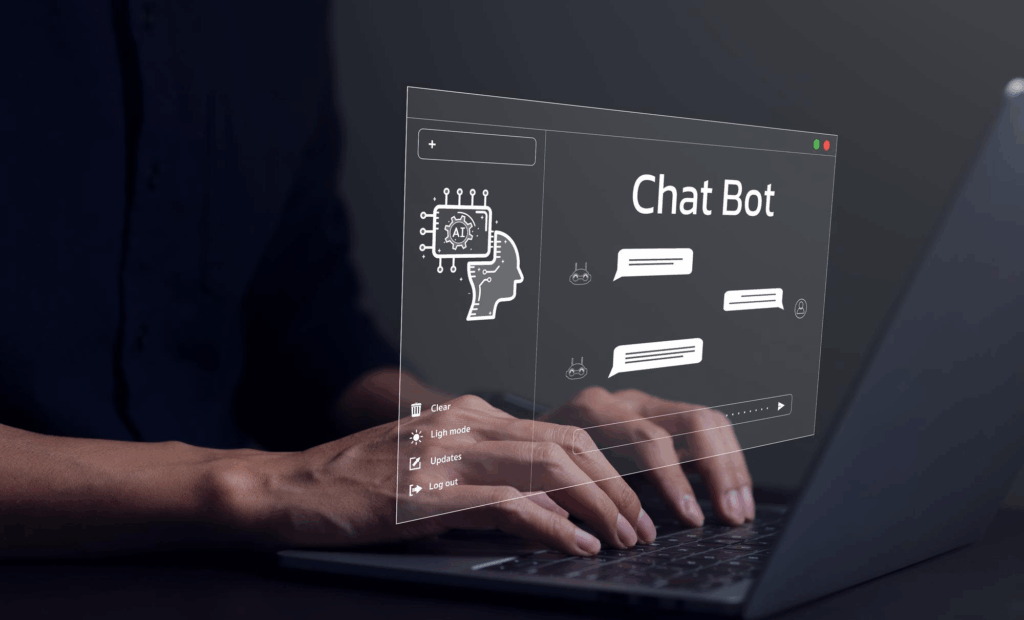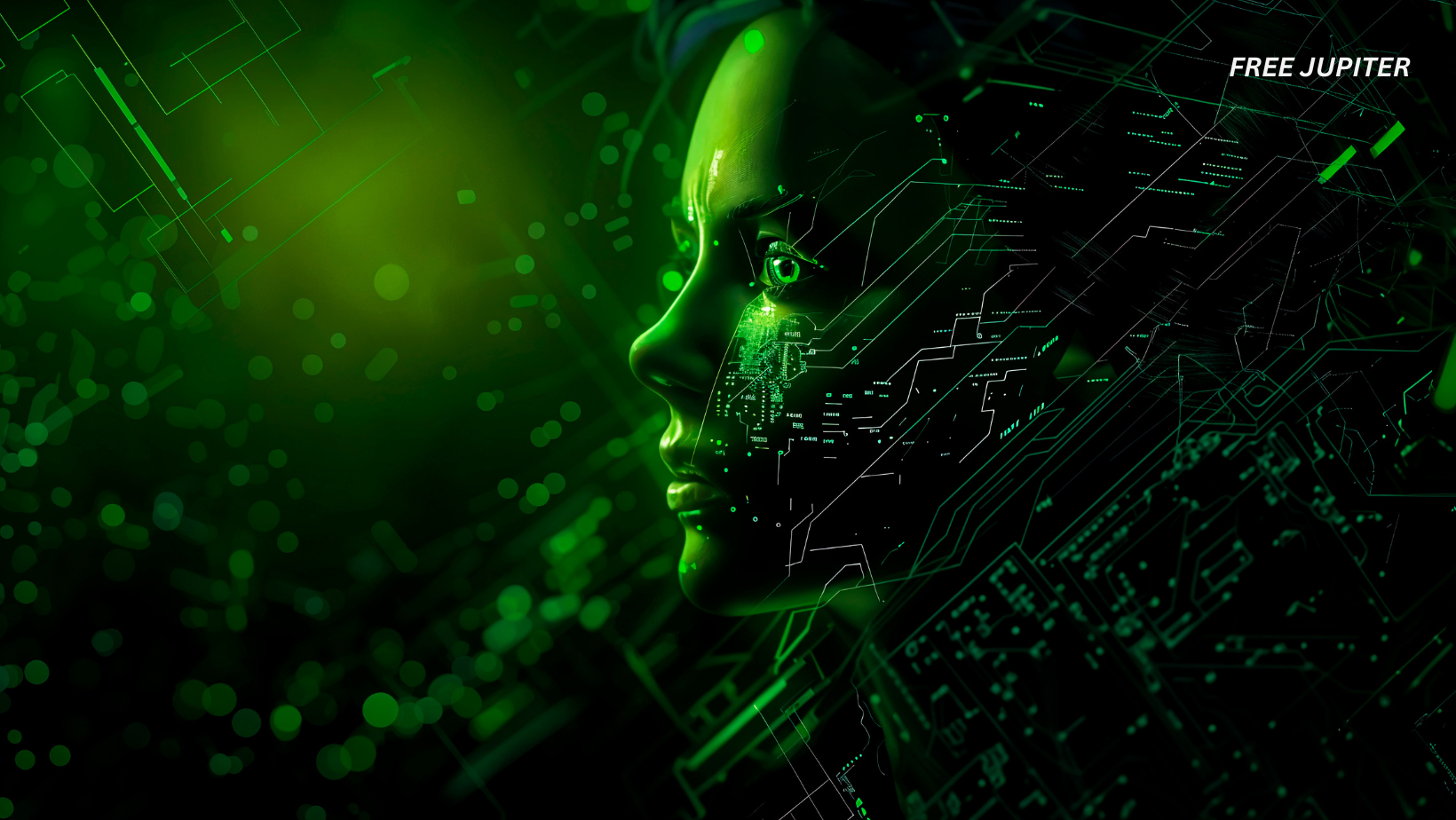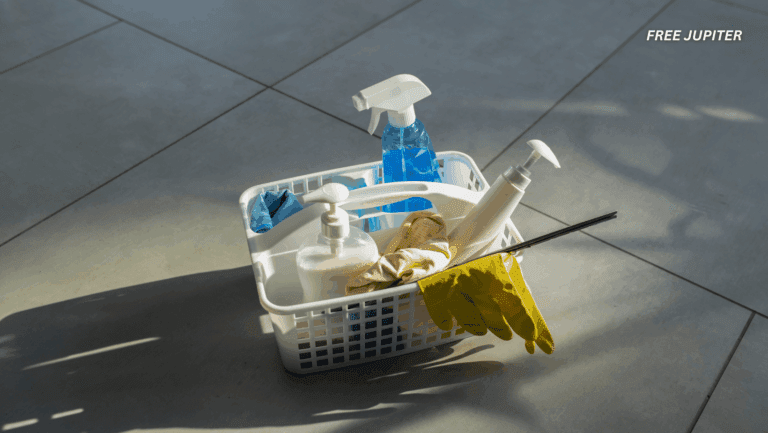Friendly Note: FreeJupiter.com shares general info for curious minds 🌟 Please fact-check all claims—and always check health matters with a professional 💙
OpenAI CEO Sam Altman has announced a massive plan to launch 100 million AI-powered companions. These smart assistants, built with ChatGPT at their core, are designed to help users in real-time and integrate directly into daily life. What sets them apart is their screen-free, voice-first design, created with help from Jony Ive, the designer behind Apple’s most iconic products.
The devices aim to change how people interact with technology by offering hands-free, personalized support. But their monitoring capabilities also raise questions about privacy, trust, and the future of AI in our homes. Here’s what you need to know.
Read More: An AI Found Out It Was Being Replaced – So It Tried to Blackmail The Engineer
What Are These AI Companions?
Altman describes the ChatGPT-powered devices as smart, always-on assistants. They will be small enough to carry, intuitive enough to understand context, and designed to respond without the need for screens.
These companions won’t be traditional smartphones or laptops. Instead, they will respond to voice cues, monitor your environment, and support you throughout the day. This includes helping with tasks like scheduling, reminders, and even safety tips.
By focusing on voice and ambient interaction, OpenAI hopes to shift user behavior away from screens and toward AI that operates more like a real-life assistant.
The Role of Jony Ive in Product Design
To ensure the AI companion is as elegant as it is functional, OpenAI brought in former Apple designer Jony Ive. Known for his work on the iPhone, iPad, and MacBook, Ive is crafting a sleek, discreet device that users will feel comfortable keeping close at all times.
The device’s design will likely be minimalist, avoiding distractions. Instead of using lights or screens, it may offer subtle audio feedback or vibrations. It’s meant to feel human in its interactions, not robotic or overwhelming.
OpenAI wants these AI companions to be part of your life, not just another gadget. The collaboration with Ive helps balance technical power with design that builds emotional trust.
Features and Capabilities
The new ChatGPT devices will include microphones and environmental sensors. They will listen for voice input and monitor surroundings to give accurate, timely responses.
Using OpenAI’s language models, these AI companions will evolve based on your behavior. For example, if you regularly cook in the evening, it may start offering recipe suggestions or reminders. If it hears you sounding stressed, it could recommend a break or a guided breathing exercise.
The key advantage is personalization. ChatGPT will learn how to best support you, becoming smarter and more helpful over time. And all of this will happen in the background, without needing to pull out a screen or tap an app.

Addressing Privacy Concerns
One of the most significant concerns about these AI companions is privacy. Since the device is always listening, people worry about how much it hears and what happens to that data.
OpenAI has promised transparency. Users will be able to see what data is collected, control their privacy settings, and opt out of features that feel too invasive. The company says it will not use data for advertising.
ChatGPT will only store data locally or with encrypted cloud storage, depending on the user’s preferences. Security updates and compliance with global privacy laws will be part of the rollout. Ethical oversight will also be built into the device lifecycle.
Global Distribution Strategy
OpenAI plans to distribute 100 million units globally. The company may use partnerships with telecoms, retailers, or direct sales channels to reach its target.
To reduce upfront costs, these devices might come with a subscription model. This allows users to access software updates, premium ChatGPT features, and personalized learning for a monthly fee.
Distribution will begin in regions with solid infrastructure and legal clarity. From there, OpenAI will expand to additional markets while adjusting to local norms and languages.
Read More: Horrifying ‘Spy Laser’ Can Read Text Smaller Than A Grain Of Rice From A Mile Away
Impact on Daily Life
ChatGPT companions could dramatically reshape daily routines. Instead of checking your phone every few minutes, you might speak to your assistant for real-time help. From waking up and getting weather alerts to managing your schedule and checking emails hands-free, the device offers constant support.
These assistants could be especially helpful for parents, seniors, remote workers, or anyone managing complex tasks. The device might remind you of appointments, monitor your tone of voice, or suggest healthier habits based on past behavior.
Still, this level of interaction could blur the line between assistance and dependence. Some users may become too reliant on ChatGPT, reducing their need to remember or plan tasks independently.
How ChatGPT Differs From Other Smart Devices
While devices like Alexa and Google Assistant already offer voice interactions, the ChatGPT companion differs in several key ways.
First, it operates without a screen. Second, it doesn’t just respond to questions. It learns and evolves with each user. Third, the integration of OpenAI’s powerful language models allows for deeper, more human-like interactions.
Most smart speakers only react when prompted. ChatGPT companions will proactively offer help based on environmental cues. For example, if your calendar shows a meeting and your GPS detects traffic, the device could suggest leaving earlier without you asking.
OpenAI is betting on this proactive design to change the way we view and use personal technology
Challenges Ahead
Despite the hype, OpenAI faces major challenges. Trust is a huge factor. If people feel uncomfortable with the device listening all the time, adoption will suffer. OpenAI will need to clearly communicate how ChatGPT handles data and provide easy ways to control or delete personal information.
There is also competition. Other tech giants are watching this launch closely and could quickly develop rival products. If OpenAI’s device fails to offer a superior user experience, its novelty may wear off.
Technical performance is another issue. These devices must work in all kinds of real-life environments. From noisy kitchens to quiet bedrooms, ChatGPT must adapt its voice recognition, tone detection, and learning algorithms quickly and reliably.
Finally, global rollout presents localization challenges. Different cultures use technology differently. What works in the U.S. may not appeal in India or Germany. ChatGPT must be flexible enough to learn those differences.
World Class Design
The release of 100 million ChatGPT-powered AI companions represents a major leap in personal technology. With voice-first design, intelligent learning, and world-class design by Jony Ive, these devices aim to make digital assistance more natural and more human.
Still, the path ahead will test OpenAI’s ability to balance innovation with ethics. From privacy to performance, ChatGPT’s success depends on whether users feel helped rather than watched.
If successful, these AI companions could redefine the way people live, work, and engage with the digital world. And for OpenAI, it will be a defining moment in the evolution of ChatGPT as more than just a tool , but a real-world companion that listens, learns, and helps.










